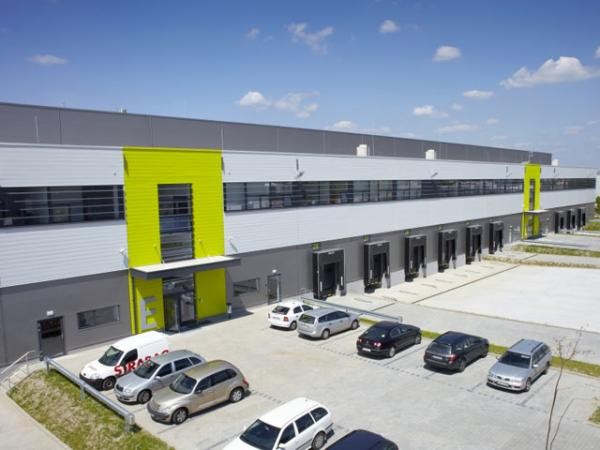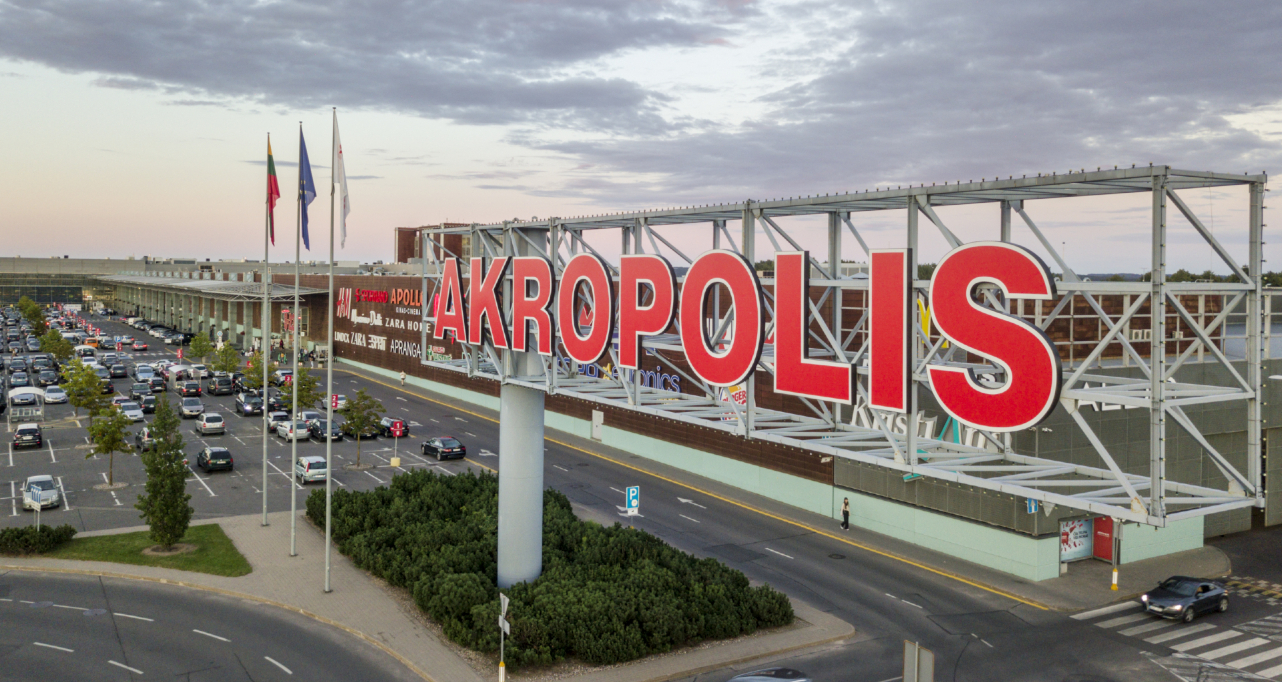According to the results of a survey of senior property investors, developers and occupiers conducted by CBRE, the world’s largest commercial real estate services company, European occupier appetite for industrial and logistics property is expected to rise significantly in the next two years. In the opinions of 81 percent of the industry’s top professionals growth in e-commerce activity and the associated impact on the supply chain, which includes warehouse storage and logistics property means that the need for warehouse space will rise. The survey also identifies third-party logistics operators and retailers as important sources of demand for logistics space.
The growth in online retailing is already a strong driver of leasing activity in the logistics sector, with impacts on both the large national and international warehouse markets as well as smaller urban or near-urban facilities. This trend has had a substantial impact on logistics leasing activity over the past two years in some European markets including Germany, the Netherlands and the UK. For their part Germany and Central and Eastern Europe are expected to witness the biggest rise in demand for space reflecting the relatively strong economic position of these markets. 34% of those surveyed think that strongest growth in logistics occupier demand growth over next two years will take place in the CEE, with Poland being an outright leader.
Magdalena Frątczak, Director of Retail, CBRE in Poland, said: “Poles still like to have access to a physical store, even when shopping online, according to the results of our survey “How we shop” – 49 percent of those surveyed declared that is important for them to touch and try on products before buying them from a website. On the other hand, physical delivery to home is the preferred method for clothing purchases. We expect that in the near future, changing customer shopping habits will also be reflected by the logistic market.”
New development will be needed to satisfy rising occupier demand, particularly since the technical requirements of e-commerce warehouses are more advanced than those of existing stock – nearly 20 percent of respondents point to the adequacy of existing stock cited as a restraining factor. Currently there is around 250,000 sqm of modern logistic space under construction in Poland which is a response to rising demand. Lease lengths were cited by 29 percent of those surveyed as the most significant barrier to an appropriate development response, whilst obstacles associated with a lack of debt finance have fallen sharply, now raised by only 13 percent of respondents.
Richard Holberton, Director of European Industrial and Logistics Research, CBRE, said: “The survey findings demonstrate the growing need for new logistics space to support the European occupier market. Internet shopping is increasing across Europe, and this is having a knock-on impact on the volume of space needed in both traditional warehousing, as well as specialist parcel delivery hubs and logistics units. Our clients are showing heightened interest in this type of property, and Germany and Central and Eastern Europe are likely to see this biggest rise in demand.”







